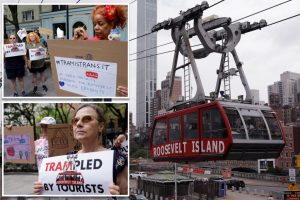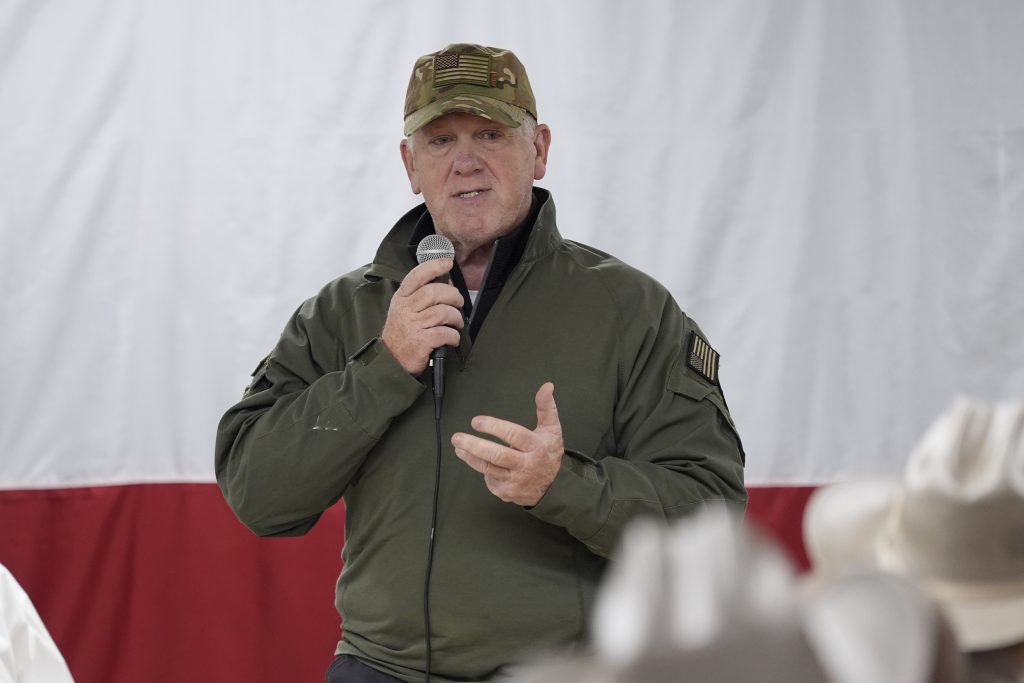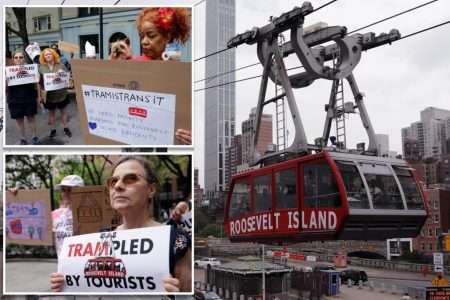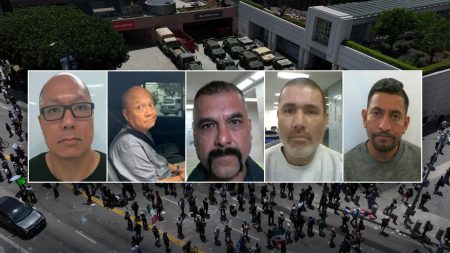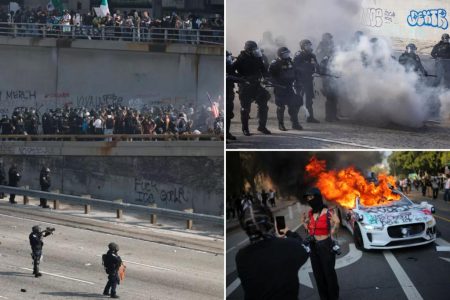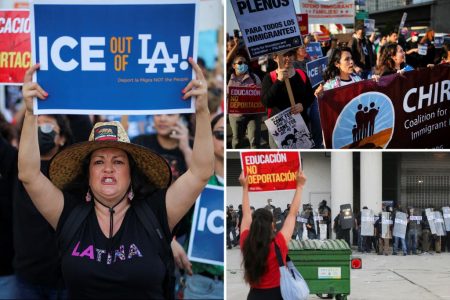Two separate incidents on New Year’s Day 2024, one in New Orleans and the other in Las Vegas, thrust the issue of domestic terrorism back into the national spotlight. In New Orleans, a vehicular attack on Bourbon Street during New Year’s Eve celebrations claimed the lives of 15 people and injured 30 others. The suspect, identified as Shamsud-Din Jabbar, 42, was a U.S. citizen with recent domestic travel history. Law enforcement officials discovered an ISIS flag, weapons, and a potential improvised explosive device (IED) inside his rented truck. Two additional IEDs were found earlier that morning. The suspect had also posted videos online linked to ISIS just hours before the attack. In Las Vegas, a Tesla Cybertruck exploded outside the Trump International Hotel, resulting in the death of the driver and injuries to seven others. While the suspect’s identity remained undisclosed at the time of initial reports, the incident was immediately treated as a potential act of terrorism.
Both attacks sparked immediate reactions from political figures and law enforcement agencies. President Joe Biden addressed the nation, confirming both incidents were being investigated as acts of terrorism and acknowledging the ongoing investigation into any potential connection between them. President-elect Donald Trump used the New Orleans attack to reiterate his stance on border security and crime, despite the suspect being a U.S. citizen. Tom Homan, Trump’s designated border czar, echoed this sentiment in an interview, suggesting both incidents were “suicide missions” by U.S. citizens with likely ISIS affiliations. He criticized the Biden administration for its perceived weakness on border security and its purported failure to adequately address criminal cartels and terrorist organizations.
The investigations into both incidents are ongoing, with the FBI taking the lead in the New Orleans case and working in conjunction with local authorities in Las Vegas. The incidents raise several critical questions. First, the potential link between the two attacks requires thorough investigation to determine whether they were coordinated or represent separate, isolated events. Second, the apparent radicalization of a U.S. citizen in the New Orleans attack necessitates further examination of domestic extremist threats and the factors contributing to radicalization within the country. Third, the use of rented vehicles in both attacks highlights potential vulnerabilities in vehicle rental security protocols and the need for enhanced screening measures.
The New Orleans attack, occurring amid the city’s vibrant New Year’s Eve festivities, left a trail of devastation and heartbreak. The victims, some of whom were identified as Reggie Hunter, Nikyra Dedeaux, Tiger Bech, and Nicole Perez, represented a cross-section of the community, caught in the senseless violence. The attack underscored the vulnerability of public gatherings and the ongoing challenge of balancing security concerns with the freedom to enjoy public spaces. The quick identification of the suspect and the discovery of evidence linking him to ISIS provided some preliminary answers, but the full scope of his motivations and any potential network of support remain subjects of ongoing investigation.
The Las Vegas explosion, while resulting in fewer casualties, added another layer of complexity to the day’s events. The targeting of the Trump International Hotel, a highly symbolic location, raises questions about potential political motivations, although investigators cautioned against premature conclusions. The explosion of a Tesla Cybertruck, a relatively new and technologically advanced vehicle, also warrants further investigation to determine the cause and whether any modifications were made to the vehicle. The involvement of the FBI alongside local authorities signals the seriousness with which the incident is being treated and the potential for a wider investigation into domestic terrorism.
The aftermath of these attacks promises continued scrutiny of domestic security measures and counterterrorism strategies. The debate over border security, reignited by President-elect Trump’s comments, will likely persist, despite the fact both suspects were U.S. citizens. The incidents highlight the persistent threat of domestic terrorism and the need for a comprehensive approach that addresses both external and internal threats. The investigation into any potential connections between the attacks will be crucial in understanding the broader context and determining whether they represent a coordinated effort or isolated acts of violence. The New Year’s Day attacks serve as a grim reminder of the ongoing challenges in preventing terrorism and ensuring the safety and security of the nation.

